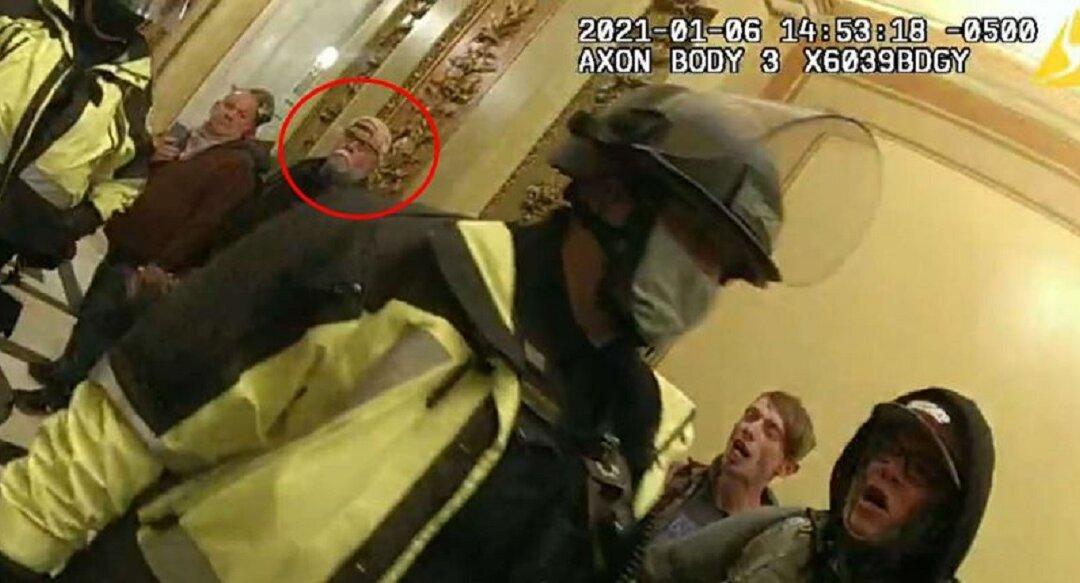The Supreme Court said on July 11 that it will formally consider on Sept. 30 whether to hear Jan. 6 defendant Russell Dean Alford’s appeal of a 2022 conviction.
Mr. Alford, of Hokes Bluff, Alabama, argues that he shouldn’t have been convicted of two counts of federal disorderly conduct because he remained passive during the brief time he was inside the U.S. Capitol on Jan. 6, 2021.





